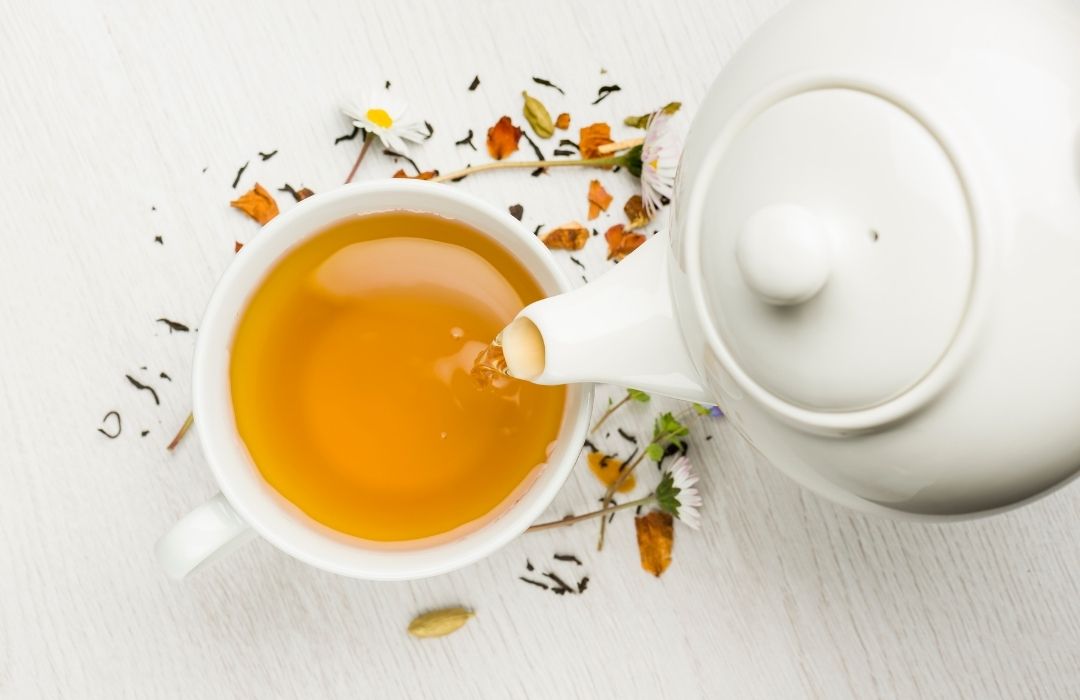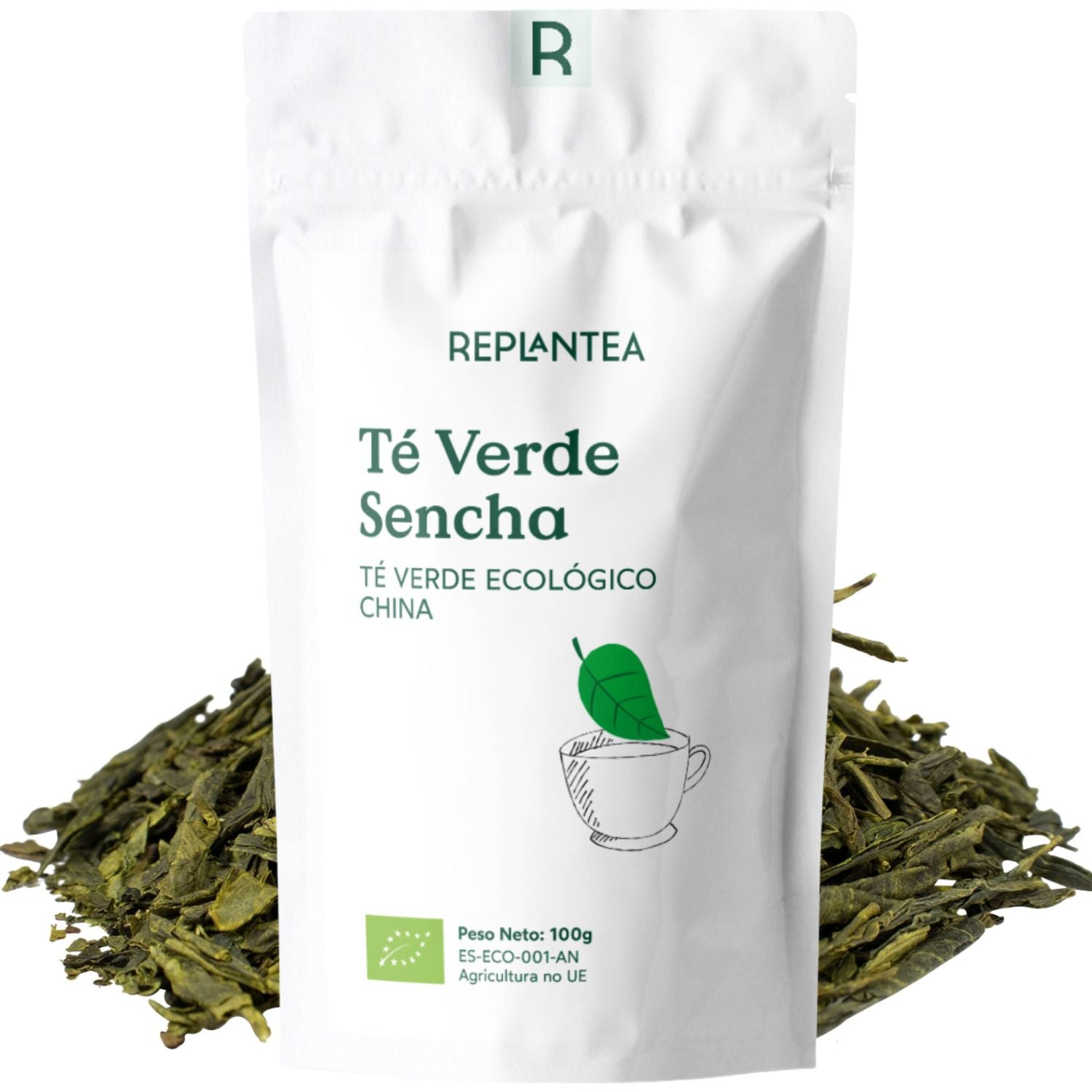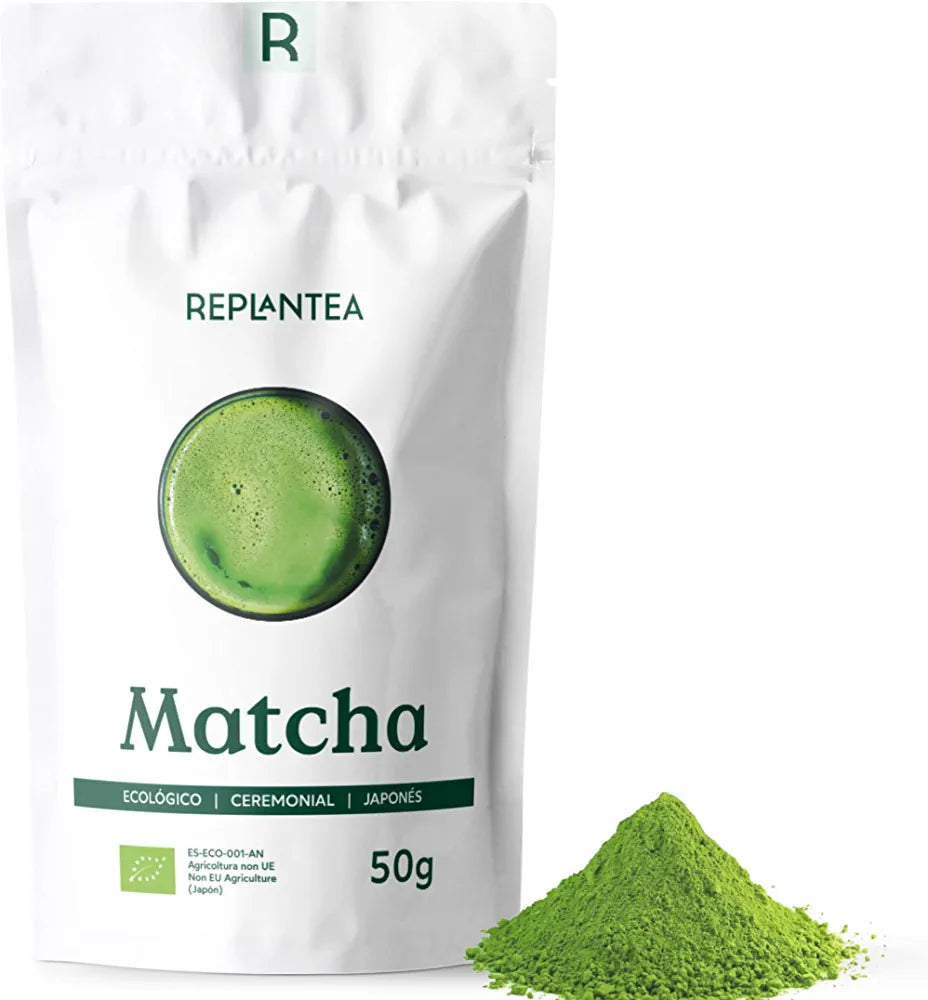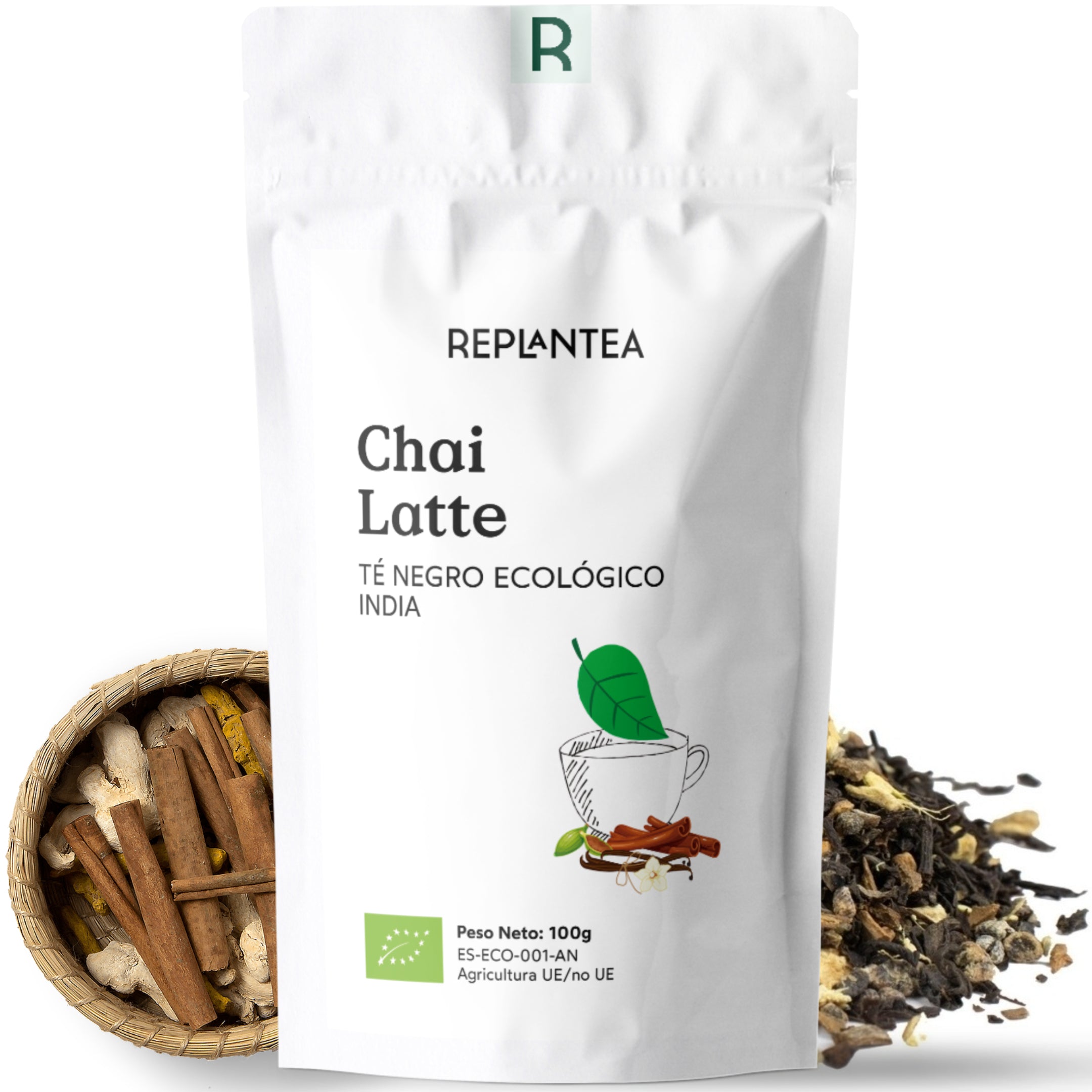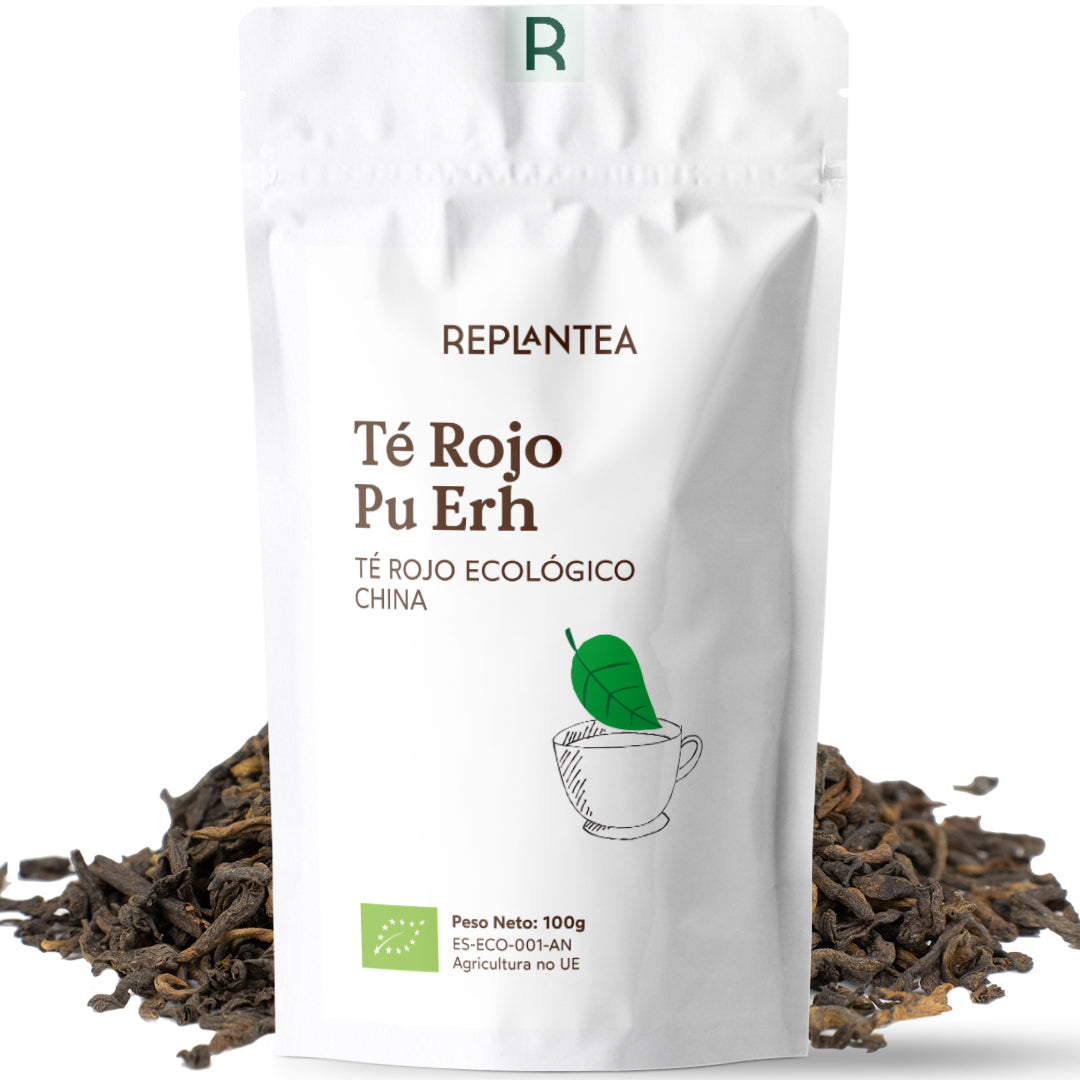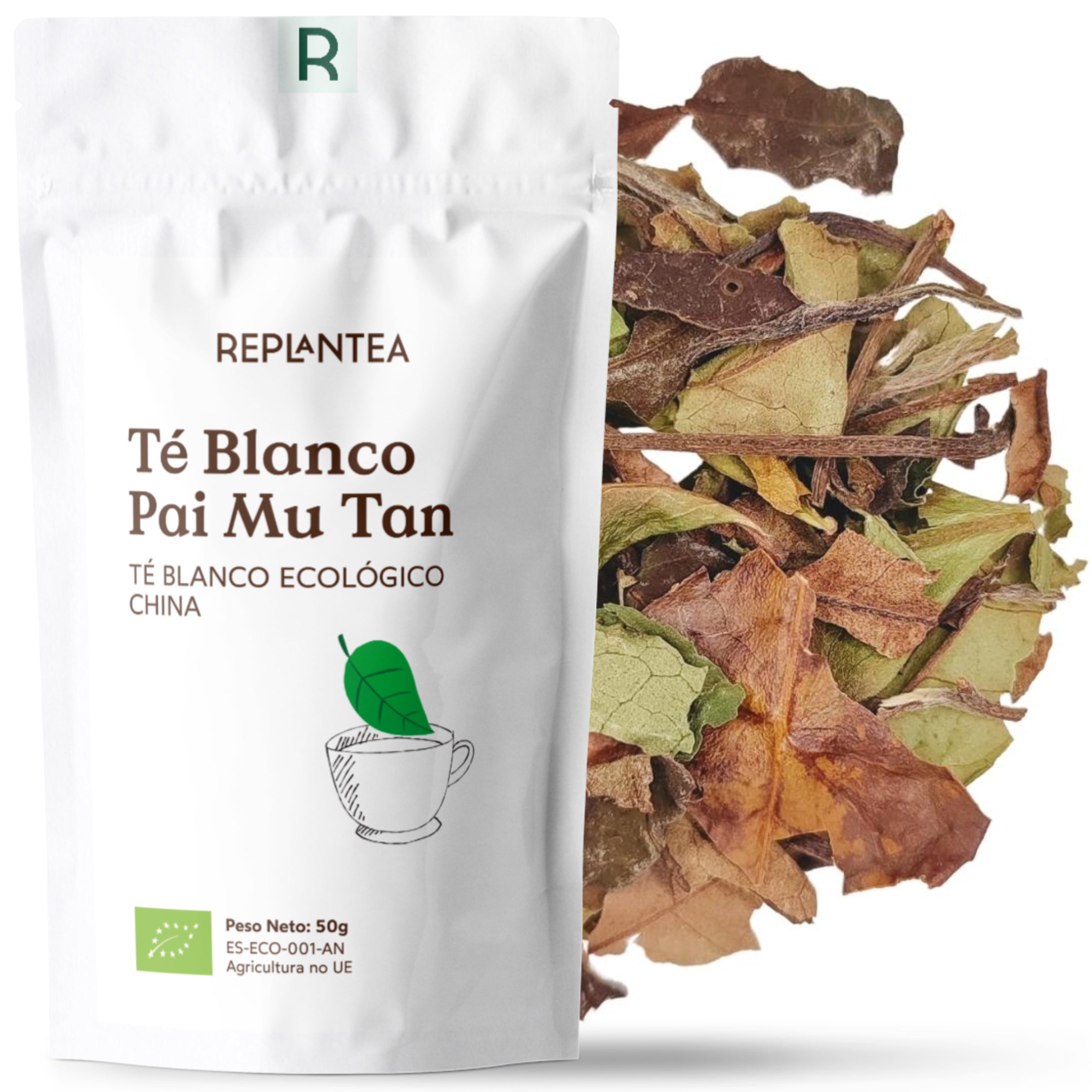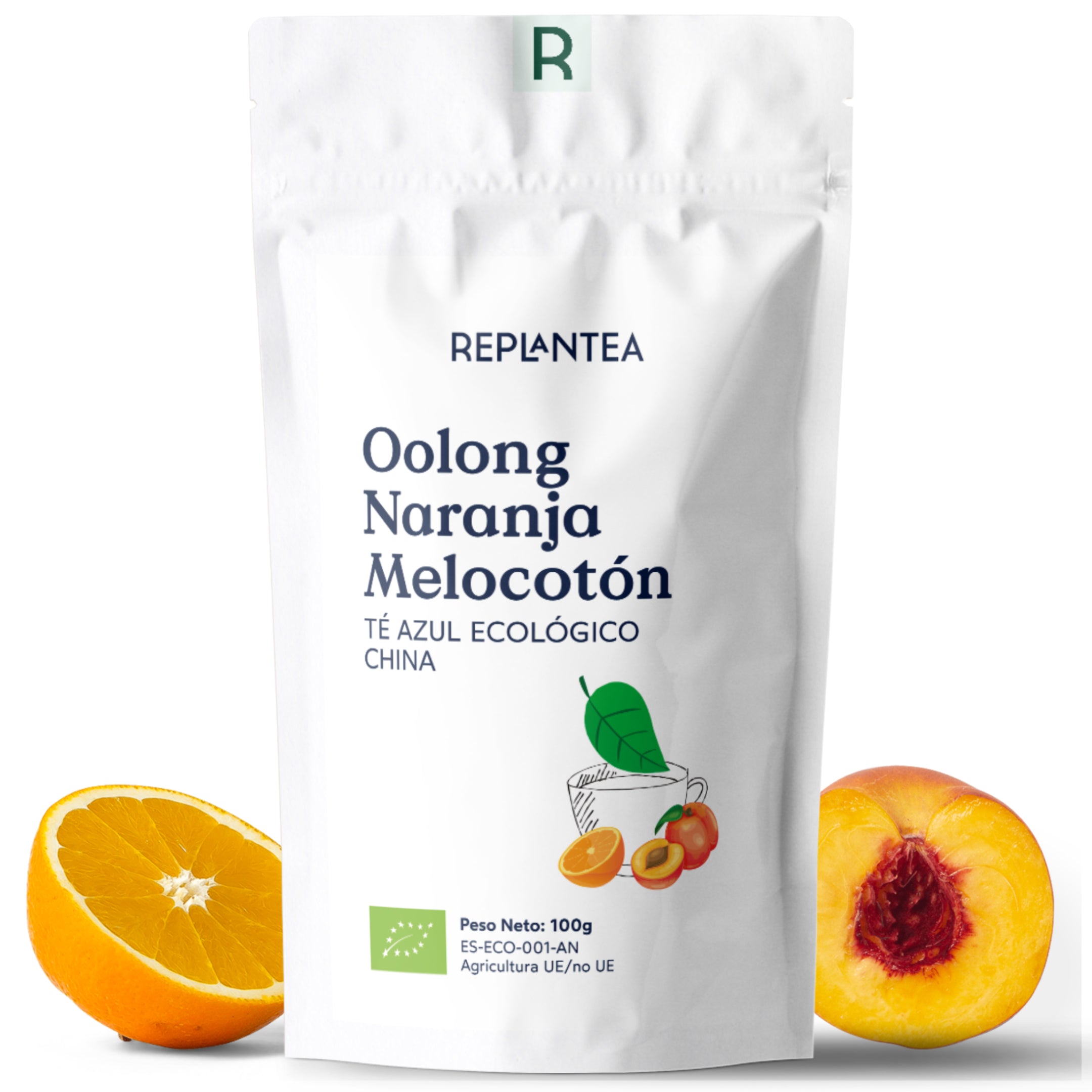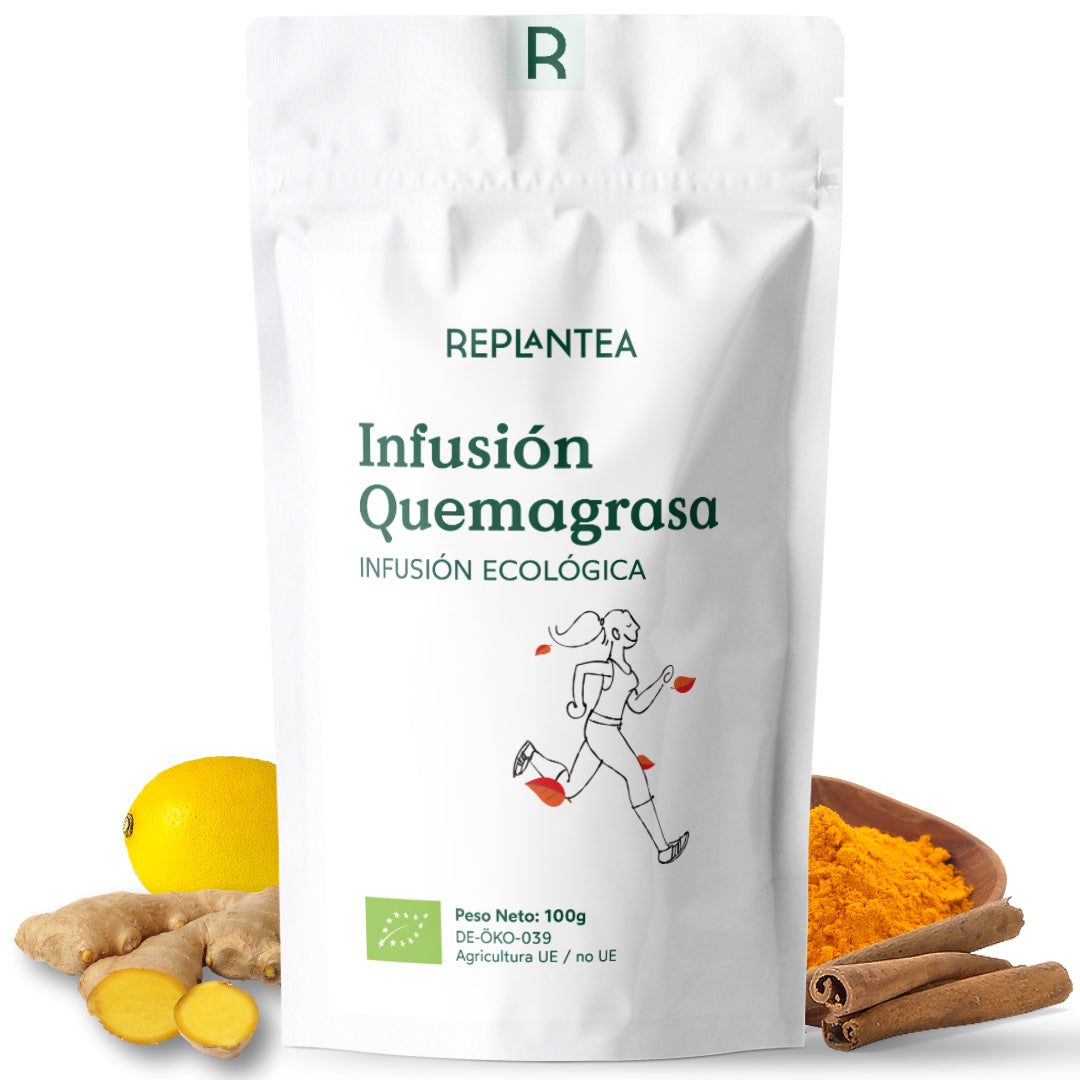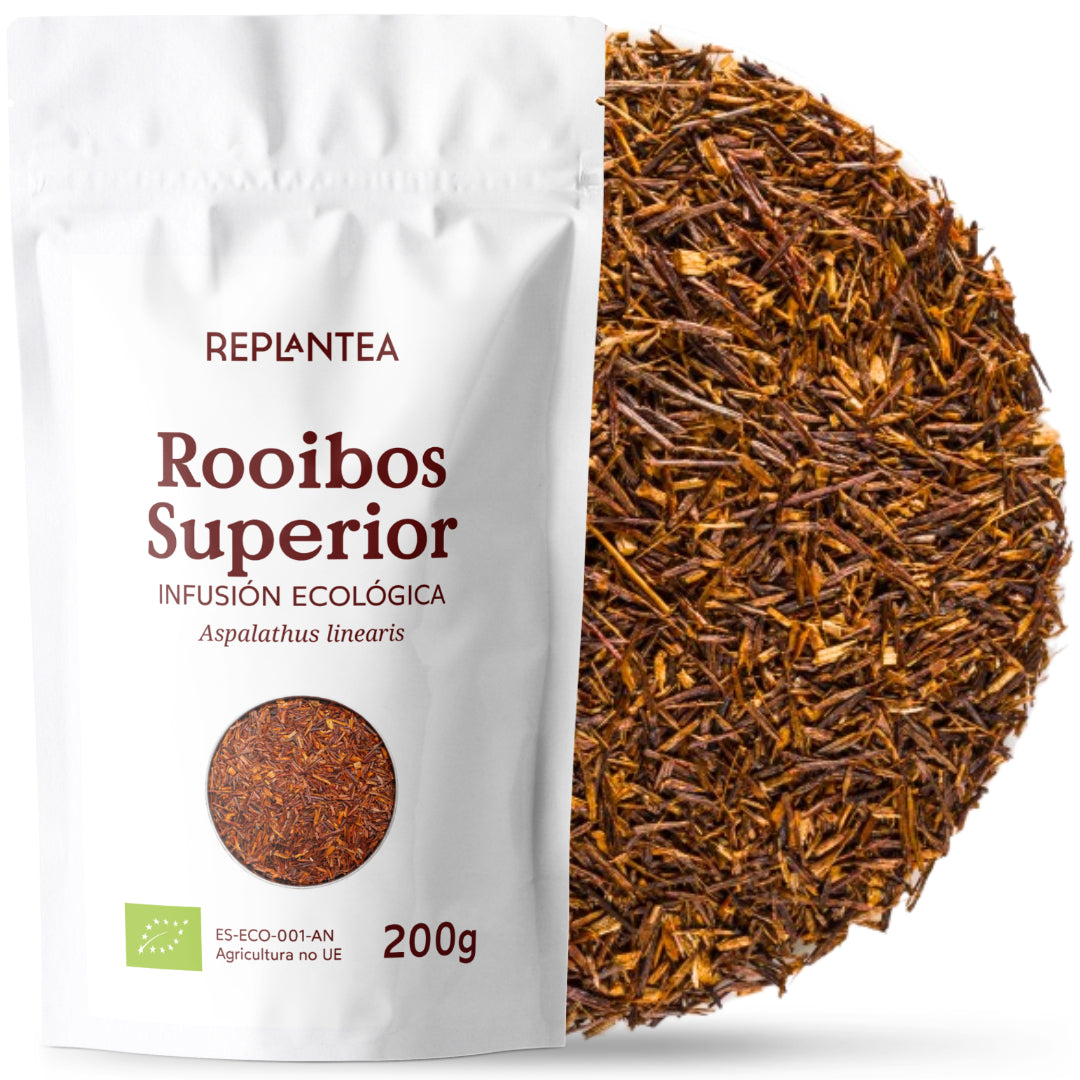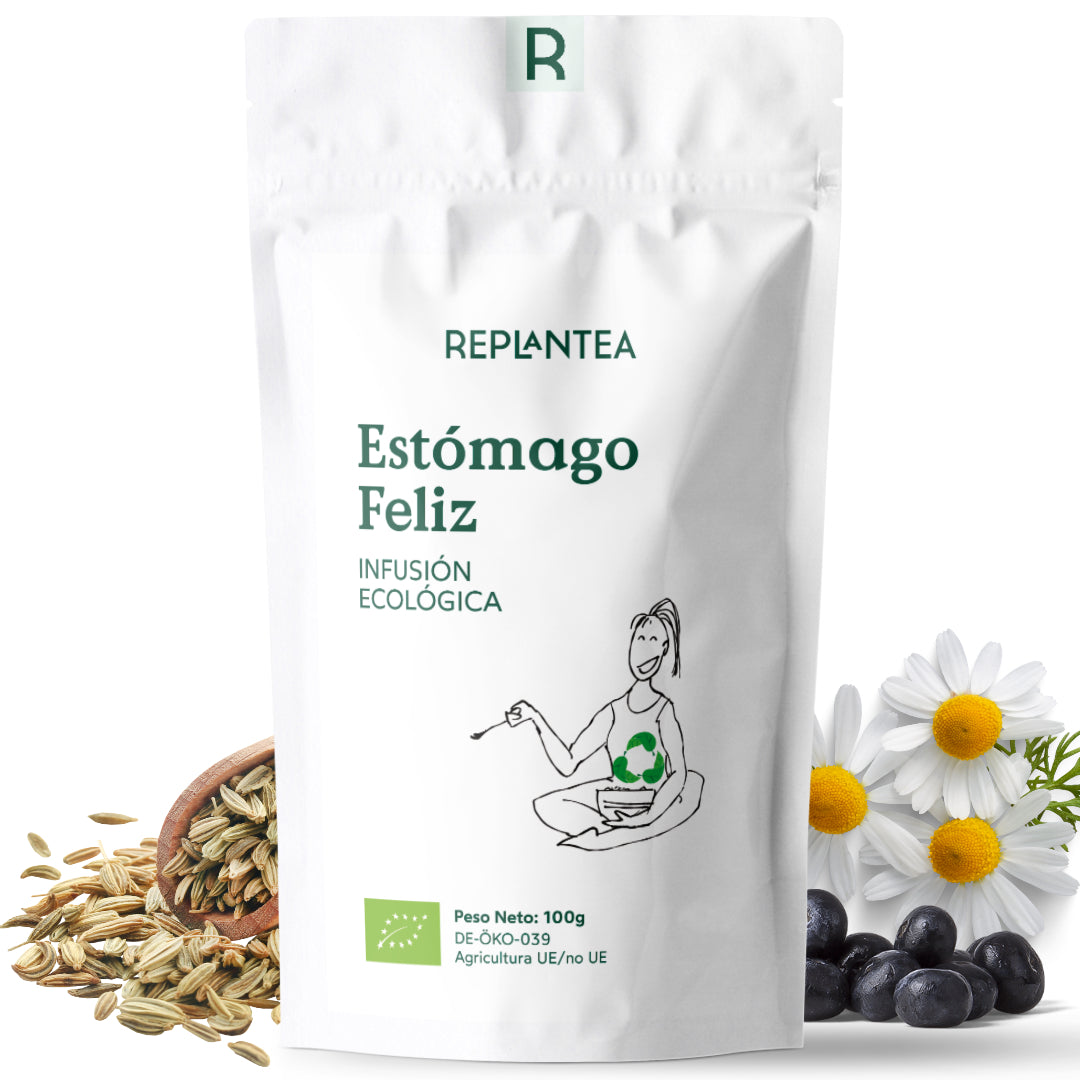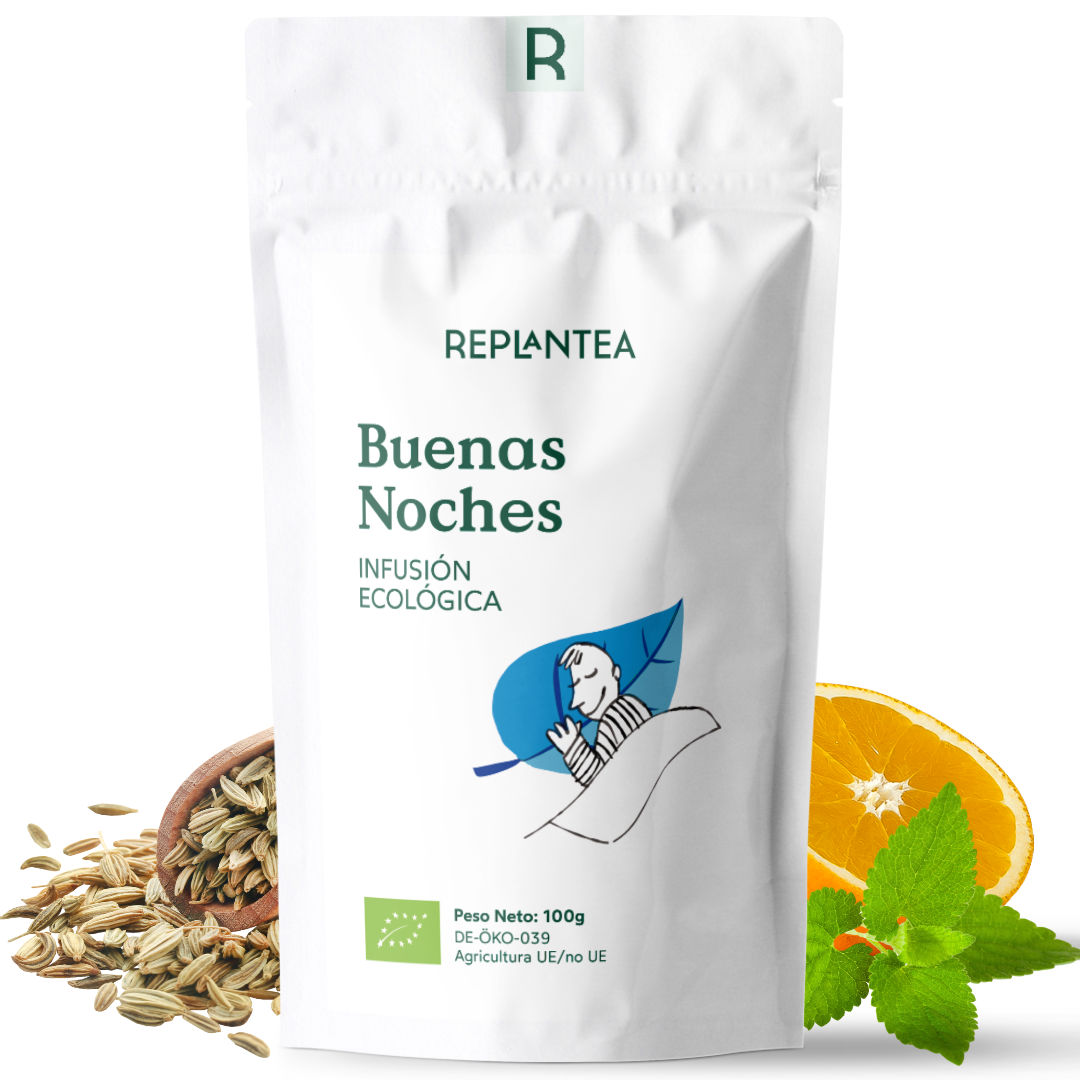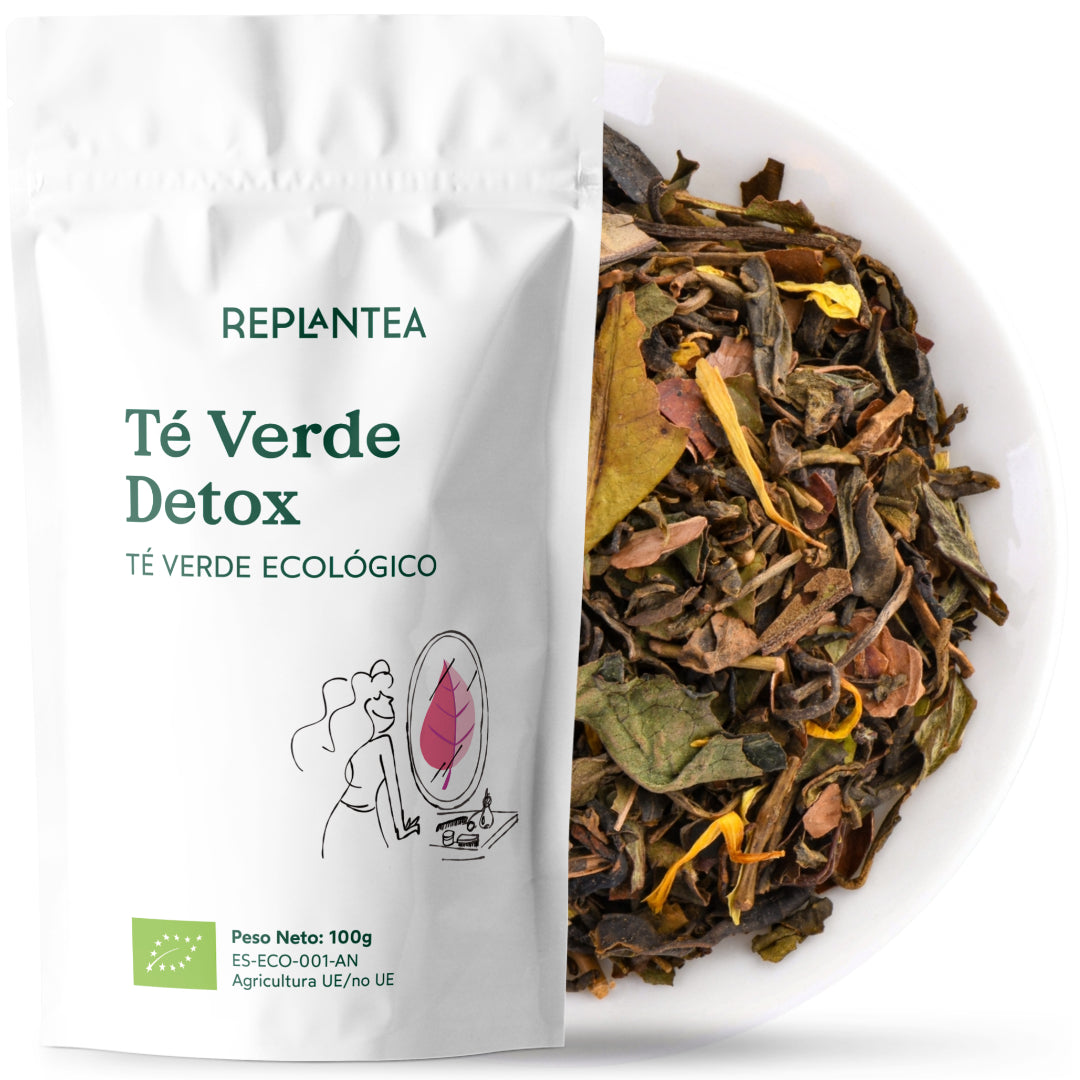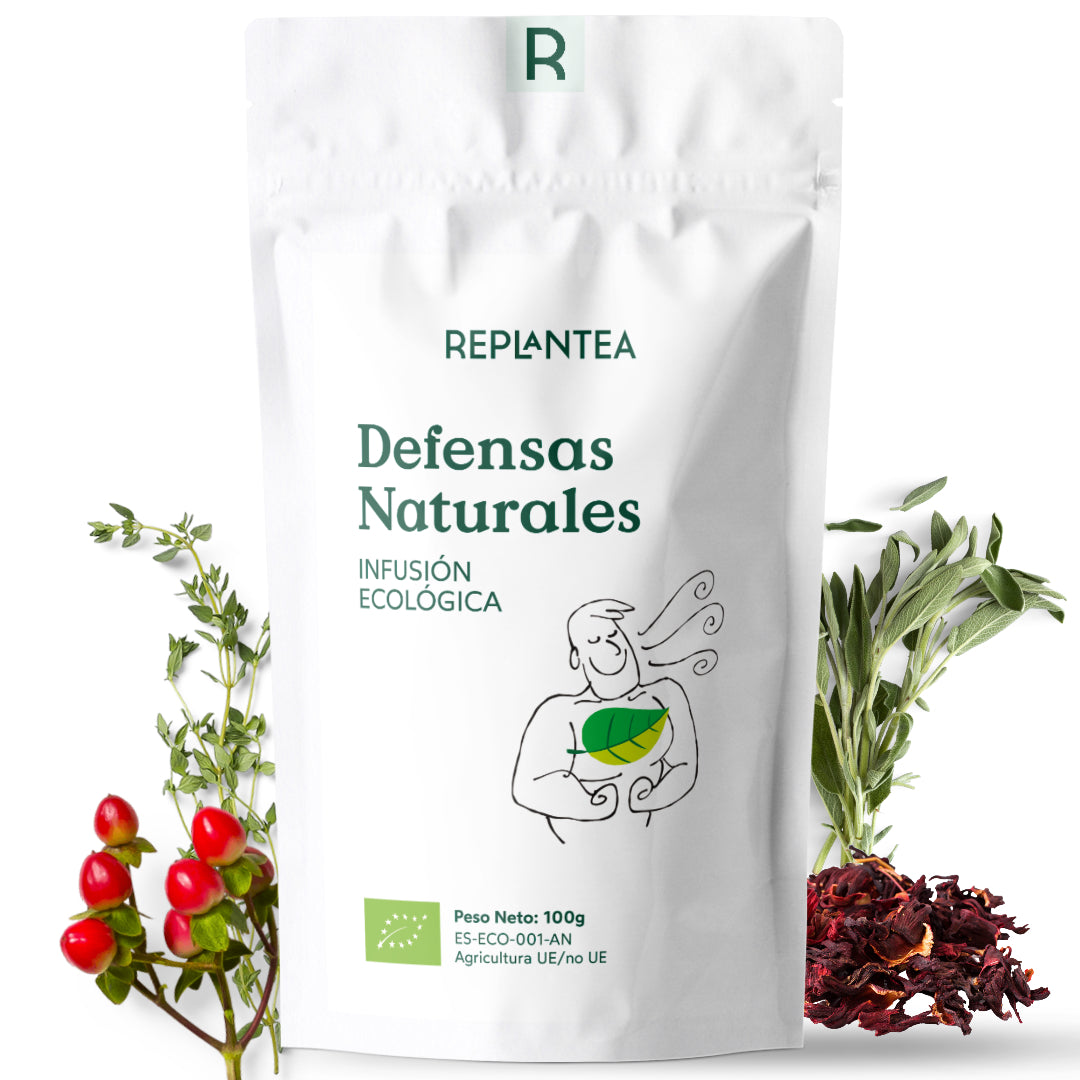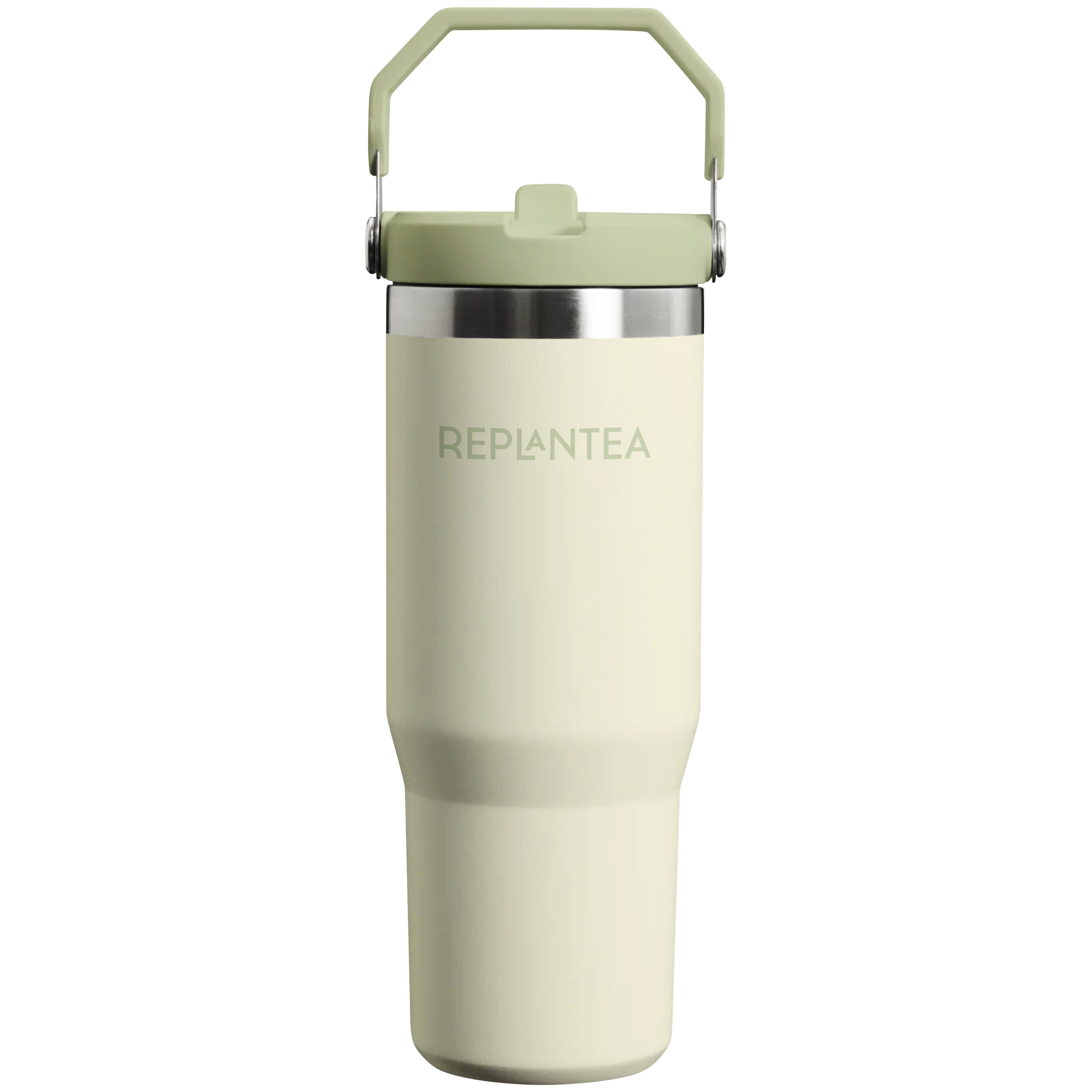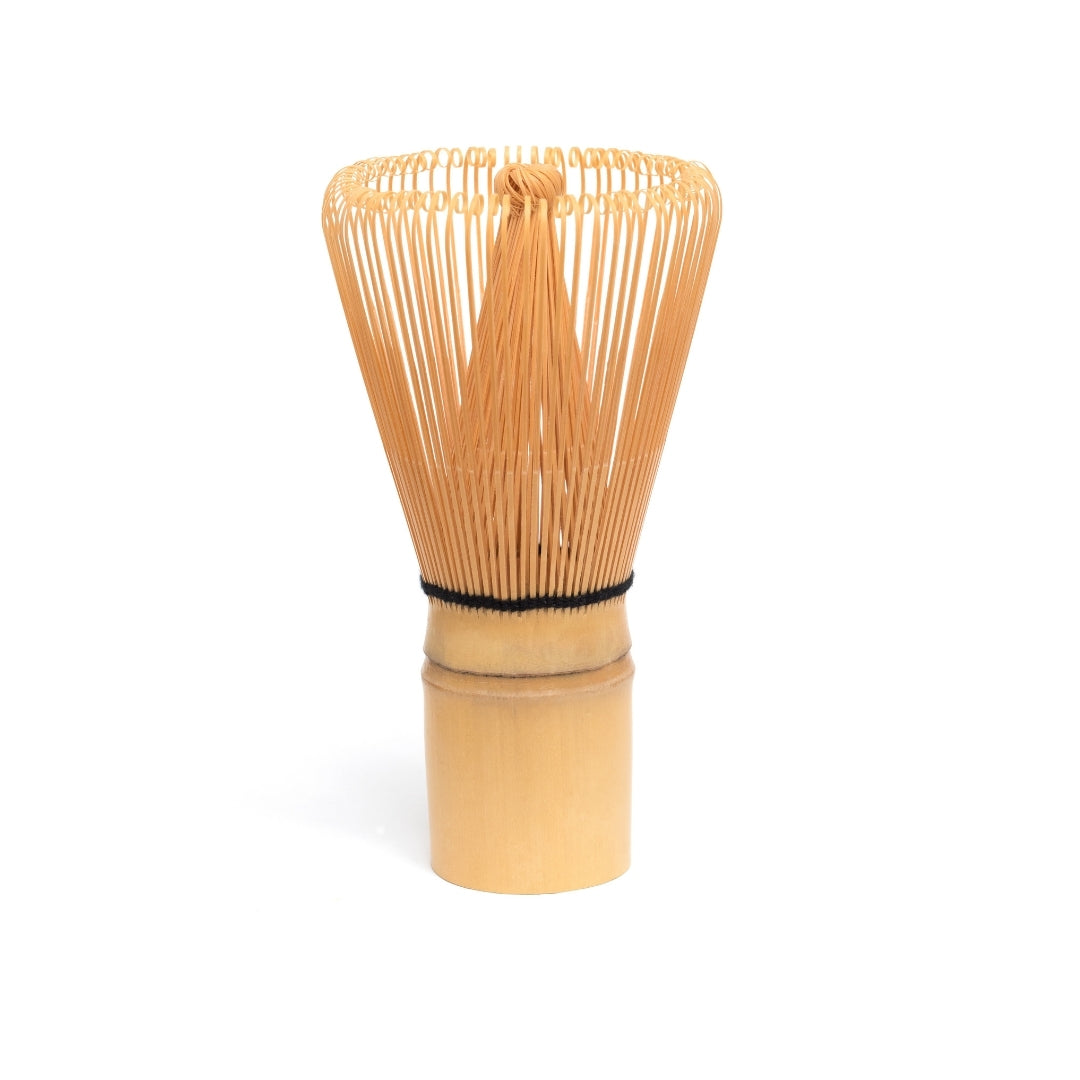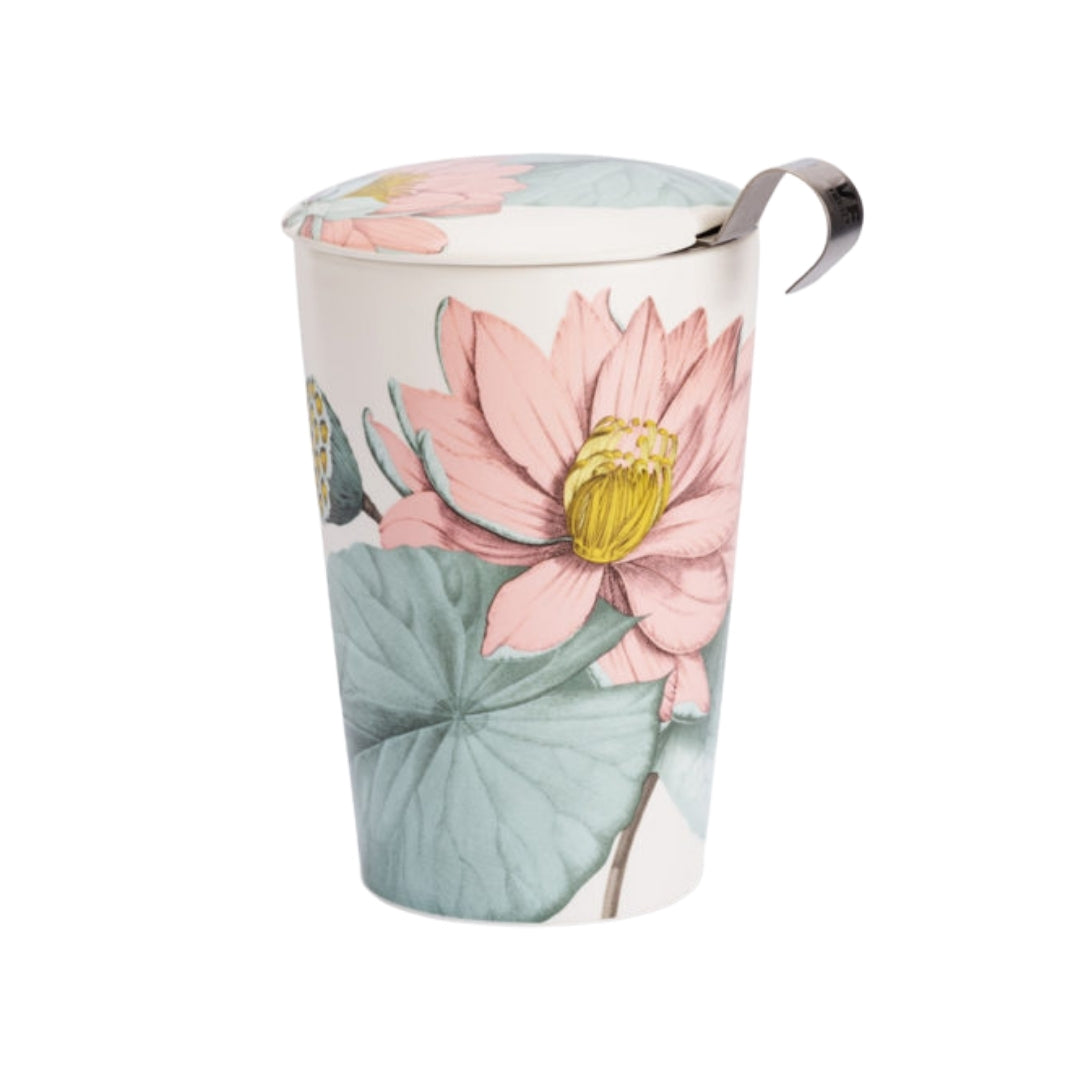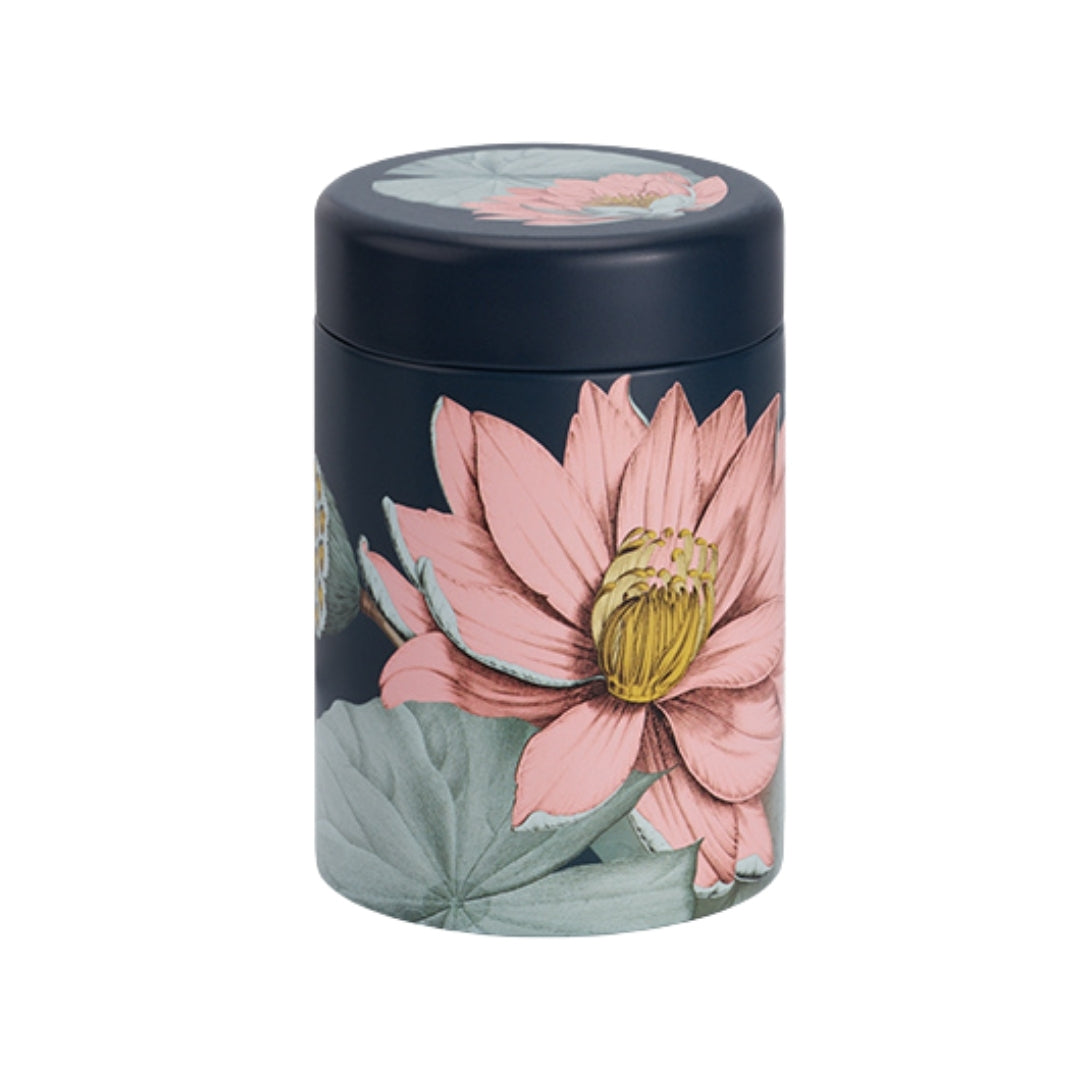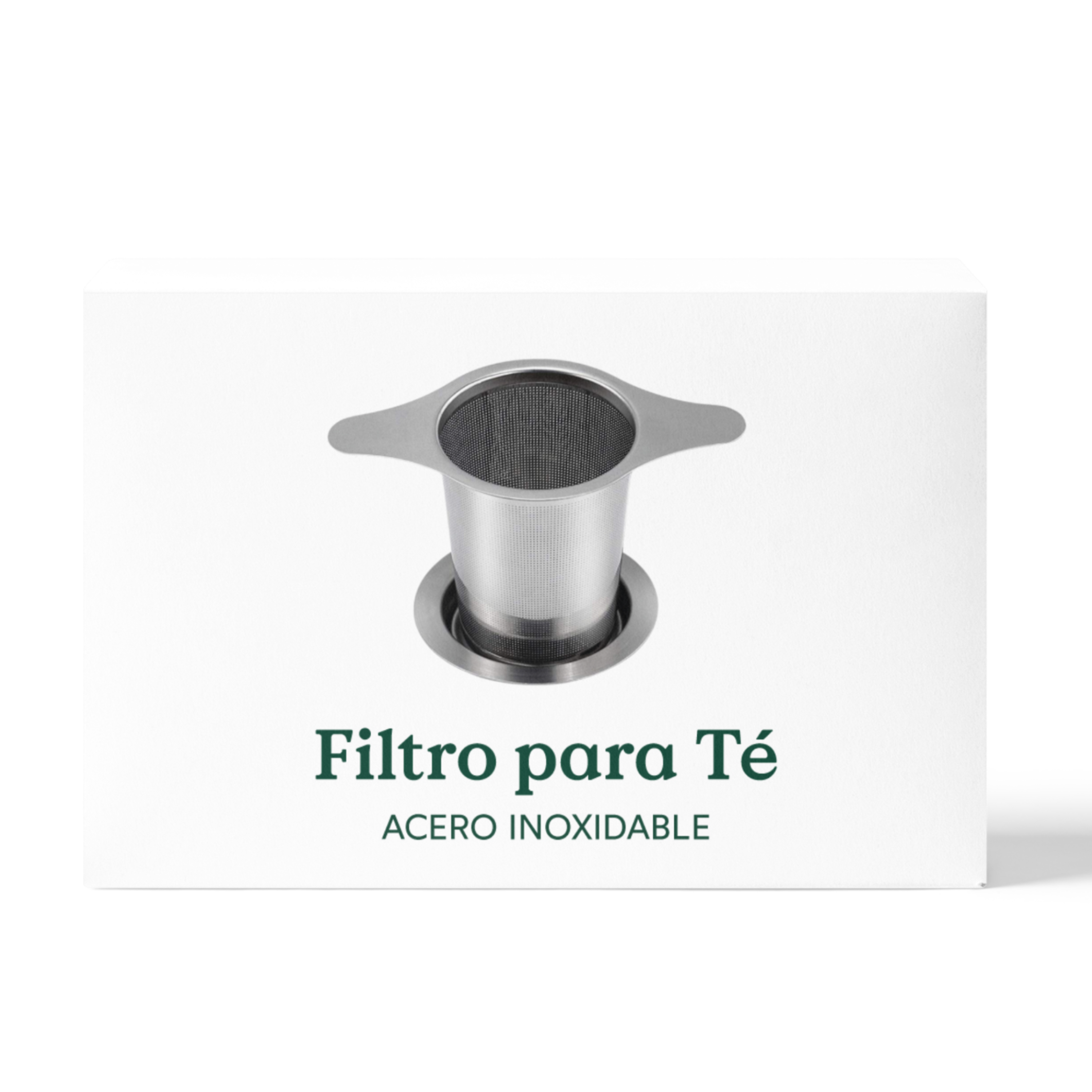In addition to being a natural source of caffeine, tea is packed with other healthy plant compounds, many of which also have properties that positively affect the mind.
For example, tea contains L-theanine, which is calming, and some research suggests that antioxidant polyphenols in tea, such as EGCG, may also affect our mental state.
Probably for these reasons, tea has been an indispensable part of meditation in many cultures for thousands of years.
Read on to discover the ins and outs of this ancient and revered combination, and learn how you can apply it to your daily life to achieve greater peace and focus.
Tea and meditation in history
There is a famous legend about the origin of tea in China. It tells of a monk of Persian origin named Bodhidharma, who lived in China under the reign of Emperor Wu of Liang, in the 6th century.
It is said that Bodhiddaharma had a strong will and determination, and that he once meditated for seven years. After meditating, he slept for two years, and upon waking, he was so frustrated at having lost consciousness that he took off his eyelids and threw them to the ground. This way, he would never fall asleep again while meditating.
The legend continues, explaining that over time, the eyelids became the first tea plants and have since helped all monks gain more energy and focus during meditation.
This is just a legend, but historians believe that Zen monks spread the Camellia sinensis plant throughout China and later to Japan and other countries, while promoting Buddhism and meditation.
How does tea help you during meditation?
By examining existing research linking tea compounds to the human brain, we can see how drinking tea promotes the mental qualities required for meditation.
Theine reduces the feeling of sleepiness
If you've ever meditated, you've probably noticed sleepiness at some point. Relaxing and letting go sometimes leads to states of bliss, but other times it can lead to an unwanted slumber.
If you drink a cup of tea at least 30 minutes before meditation, you're less likely to spend the session struggling to stay awake.
You'll also be interested to know that the caffeine in tea works differently than the caffeine in coffee. The stimulating effects of theine are released in a more sustained and measured manner, without causing highs and lows or jitters.
You can read in-depth about the differences between theine and caffeine in the article "Drink Coffee or Tea? Caffeine or Theine?" .
L-theanine increases concentration and calmness
L-theanine is an amino acid found in tea that promotes alpha brain wave activity. Alpha waves are associated with a state of calm concentration.
Meditation generates alpha waves in the same way that L-theanine does. Perhaps it's no coincidence that matcha tea, the tea with the highest L-theanine content, has been a favorite of Buddhist monks for hundreds of years.
If you want to learn more about L-theanine, you can read our article All About L-Theanine: How It Works and Its Benefits.
EGCG promotes states of happiness
Tea catechins, such as EGCG or epigallocatechin gallate, also have calming and mood-enhancing effects through cannabinoid receptors. These receptors are involved in several physiological processes, including appetite, pain sensation, mood, and memory.
These receptors are often activated by exercise, yoga, meditation, or deep breathing.
We tell you all about the polyphenols and catechins in tea in our article Antioxidant Components of Tea: Polyphenols and Catechins
How to enhance meditation by drinking tea?
It is very easy to take advantage of the benefits of tea to enhance meditation.
The most important thing is to manage your time. Make sure you drink your tea at least 30 minutes before beginning your meditation, so you give the theine and other compounds in the tea time to take effect.
If you enjoy tea, drinking it mindfully, taking time to prepare it, and delighting in its aroma and flavor can be a meditation in itself, and you can use it as a warm-up for the following meditation session.
After preparing the tea, sit in a comfortable, quiet place and engage all your senses as you begin to focus your attention on the tea.
Think about the feel of the cup, the temperature, the weight. Smell the tea and inhale the aroma, think about the color of the infusion and how the liquid moves inside the cup.
Finally, when you take a sip of tea, pay attention to how your body feels, your breathing, your posture, etc.
The goal is to focus your attention as much as possible on drinking tea, but do so in a relaxed manner.
Once you finish drinking the tea, you can redirect your thoughts to another activity or you can begin your meditation session as you normally would.
Enjoy the benefits of tea and meditation
Monks may have been the first to link tea and meditation.
Historians have established that it was Zen monks who spread tea throughout Asia, while also introducing Buddhism and meditation practices.
The benefits of drinking tea and meditating overlap in many cases, so it's no wonder they even enhance each other.





